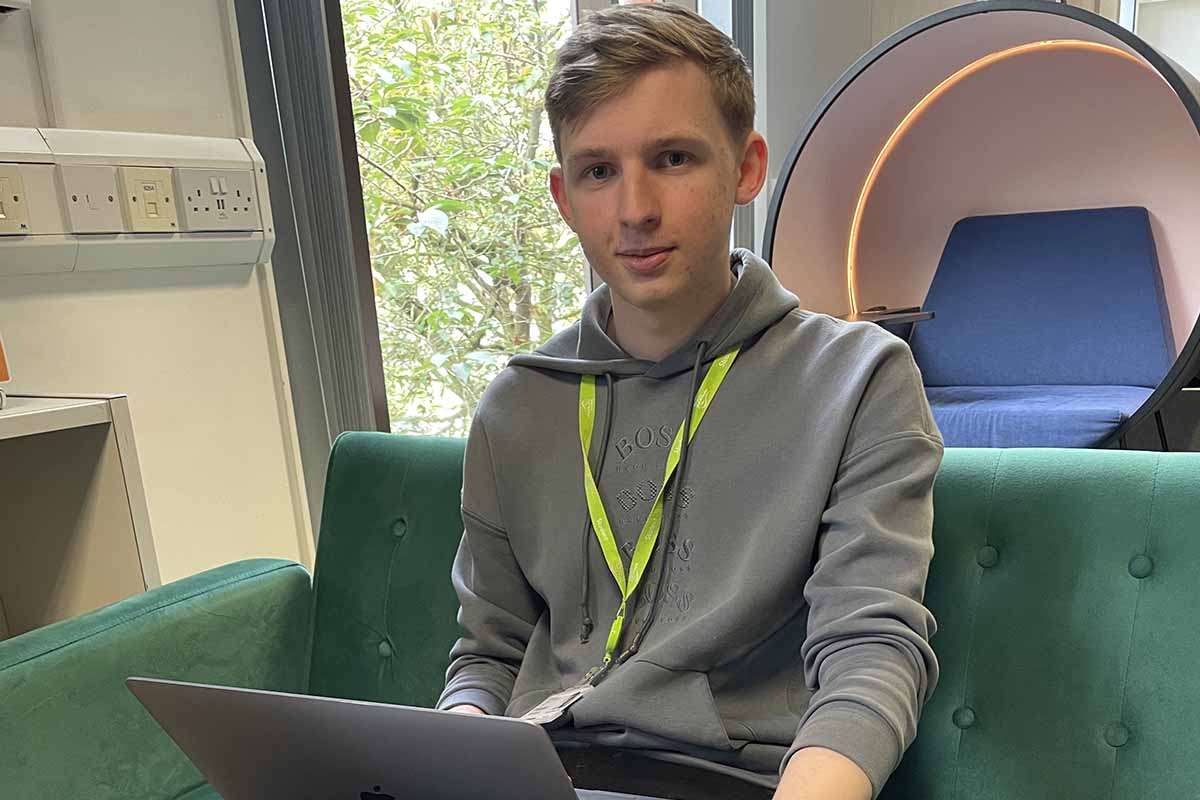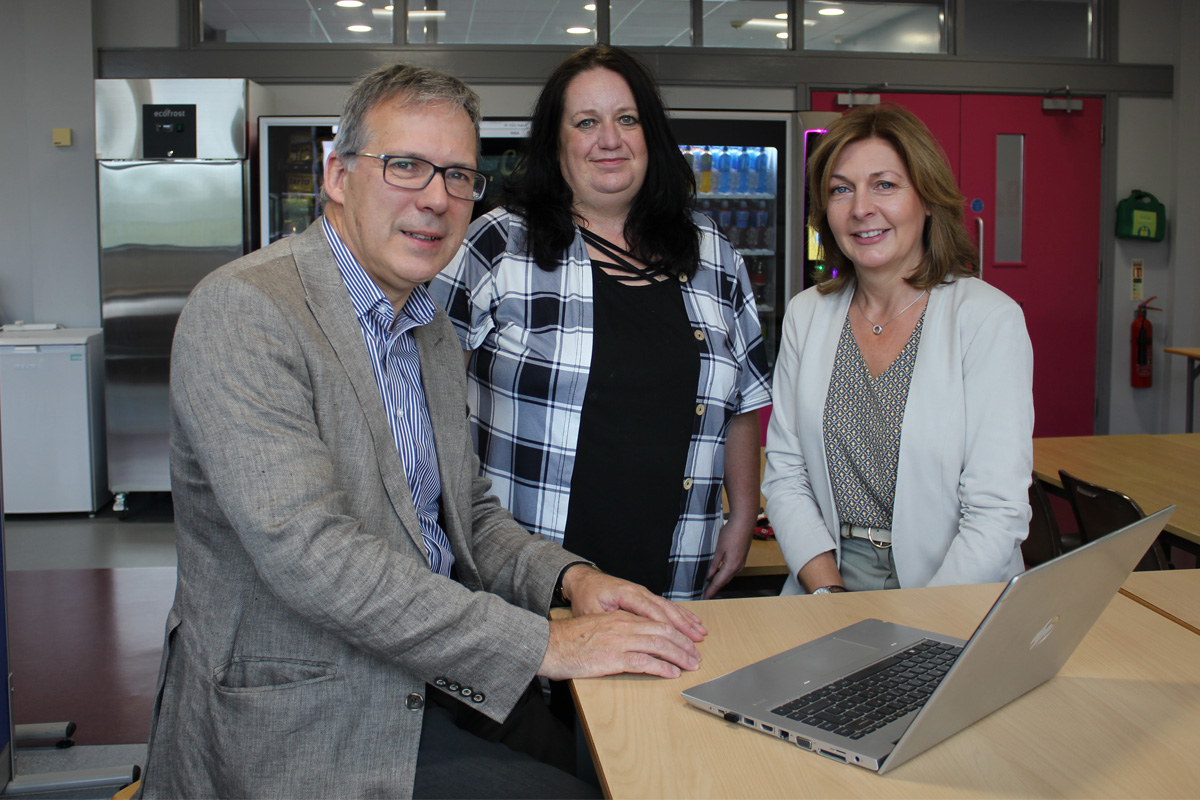Cost of living crisis harming pupils’ education

Teachers are increasingly seeing the devastating effects of the cost of living crisis on pupils, a survey by NASUWT-The Teachers’ Union has revealed.
Teachers are providing money, food and clothing to help children and families dealing with the deepening cost of living crisis.
The survey also found that many teachers are routinely providing referrals to foodbanks as families struggle to cope with the rising costs of food, fuel and energy bills.
As pupils return to school, the survey of more than 6,500 teachers paints a disturbing picture of the crisis being experienced by children and young people in England and Wales.
Six in ten teachers responding to the survey said that by the end of the last academic year more pupils were coming to school hungry and nearly seven in ten said more of their pupils were lacking in energy and concentration.
Three-quarters said they had experienced more pupils with behaviour problems and 65% said pupils did not have the equipment they needed for their lessons.
63% said pupils were wearing dirty or damaged clothes and 67% said pupils did not have footwear that was appropriate for school.
58% of teachers said they had given food or clothing to their pupils and six in ten said they had made referrals to outside agencies, with 35% saying they had helped a pupil’s family get access to a foodbank.
15% had lent or given money to pupils and 24% had seen money lent or given to pupils by colleagues or their school.
Dr Patrick Roach, NASUWT General Secretary, said:
“This is a deeply disturbing picture of the damaging impact of the cost of living crisis on children and young people the length and breadth of the country.
“There can be little doubt that the cost of living crisis is harming pupils’ education, learning and development. An emergency response is needed to deliver extra help for children, schools and families.
“At a time when many teachers are already struggling financially, many have dug deep into their own pockets to provide urgent help to their pupils, in the absence of additional support from the Government.
“It is outrageous that we should be seeing more and more families who are struggling or unable to feed, clothe or keep a roof over their children’s heads.
“The financial worry and anxiety that many parents are already experiencing is also being felt by children and is likely to have a negative impact on their education.
“It’s vital that schools and wider children’s services are funded to provide more by way of support, advice and counselling for children, parents and carers who are struggling.
“Regrettably, the Government has simply failed to recognise the depth, breadth and urgency of the financial difficulties that increasing numbers of families are under. It cannot be left to schools and teachers to pick up the pieces of the cost of living crisis or to provide from their own budgets financial help and assistance to families in desperate need.
“We need to see immediate action from the new Prime Minister to provide much more help and assistance to children and families to mitigate the dire financial crisis that millions are facing this autumn and winter.”
Teachers’ comments on the effect they are seeing of rising poverty in their pupils
“Our school has set up its own food bank and the items are all provided by the staff and fundraising events so the school community is pulling together to feed a lot of the families.”
“Given advice on housing issues including families facing evictions because they can’t pay rent.”
“I use my school pay account to buy lunch for students with no money in their online account, wash uniform and PE kit for students.”
“Our school organises weekly food parcels for increasing numbers of families. Also increasing numbers of pupils are attending early for the free breakfast.”
“I have had to comfort pupils’ distressed parents on the phone when they do not know what to do due to money issues and lack of food.”
“There are trolleys in the school filled with everyday essentials that the parents/children are free to take.”
“I have paid for resources out of my own salary to be able to deliver my subject. Paid for ingredients for GCSE students.”
“The worst thing to experience as a teacher is watching a hungry child who is in receipt of free school meals, having to stand and watch their friends have snacks at morning break when they are hungry.”
“Brought in spare coats donated by family members so those who come with unsuitable clothing to play outdoors aren’t cold.”
“I have bought baby wipes to help with wetting/soiling incidents. My school cannot afford to buy these.”
“I’ve actually gotten myself into debt because of purchasing items for lessons.”
Survey breakdown
Respondents were asked to indicate if they had seen any of the following in their pupils by the end of the last academic year:
| More pupils coming to school hungry | 60% |
| More pupils who are lacking in energy/concentration | 69% |
| More pupils with behaviour problems | 75% |
| More pupils unable to afford school uniform | 57% |
| More pupils wearing clothes that are unwashed or damaged | 63% |
| More pupils who do not have the appropriate footwear | 67% |
| More pupils who do not have the appropriate equipment for lessons | 65% |
Respondents were asked to indicate if they or their colleagues had done any of the following for their pupils in the last year:
| Lent or given money | 15% |
| Seen money lent/given by the school or other staff | 24% |
| Given food or clothing | 58% |
| Seen food or clothing given by the school or other staff | 63% |
| Made referrals to external agencies | 60% |
| Helped a pupils’ family get assistance from a foodbank | 35% |











Responses